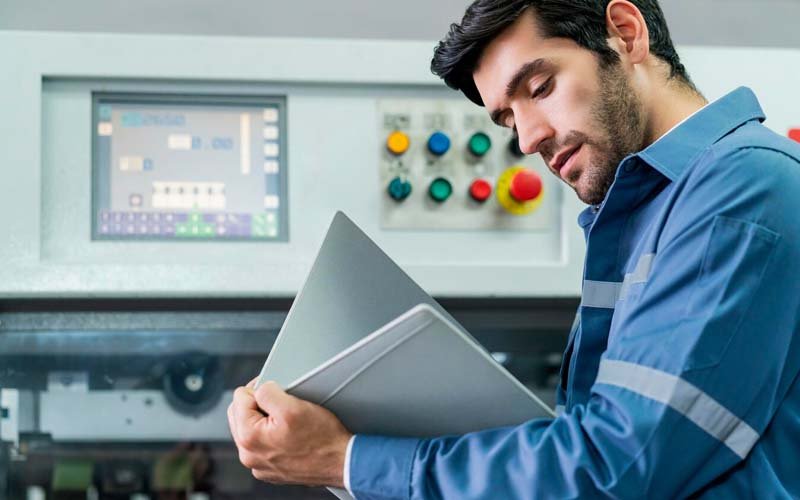
Industrial Manufacturing
Industrial manufacturing stands as the backbone of economic development, shaping the landscape of production and technological advancement. This sector encompasses a diverse array of industries, each playing a vital role in producing goods that fuel global economies.
From automotive and aerospace to electronics and heavy machinery, industrial manufacturing spans a broad spectrum. Each sector contributes unique products, fostering innovation and specialization within the manufacturing landscape.
The efficiency of industrial manufacturing is intricately tied to supply chain dynamics. From raw material sourcing to distribution, managing the supply chain optimally ensures streamlined operations and responsive production.
Industrial manufacturing is influenced by global market trends, geopolitical shifts, and consumer demands. Staying attuned to these trends is crucial for companies aiming to navigate the dynamic landscape and capitalize on emerging opportunities.
Relevant Economic Indicator:
The pulse of industrial manufacturing lies in the measurement of manufacturing output. This economic indicator reflects the volume and value of goods produced, influencing trade balances and economic growth.
Technology and Innovation Hubs:
The integration of technology and automation has revolutionized industrial manufacturing. Robotics, artificial intelligence, and the Internet of Things (IoT) play pivotal roles in enhancing efficiency, precision, and overall production capabilities.
Innovation hubs are emerging as focal points for industrial manufacturing advancements. These hubs foster collaboration, research, and the development of cutting-edge technologies, propelling the sector into new frontiers of efficiency and innovation.
Sustainability and Green Manufacturing:
A growing emphasis on sustainability is transforming industrial manufacturing practices. Green manufacturing initiatives, energy-efficient processes, and waste reduction strategies are becoming integral to industry practices, aligning with global environmental goals.
Workforce Skills and Training:
The evolution of industrial manufacturing necessitates a skilled workforce. Ongoing training and upskilling programs are essential to equip workers with the expertise needed to operate and maintain advanced manufacturing technologies.
Challenges and Adaptability:
Industrial manufacturing faces challenges such as supply chain disruptions, geopolitical uncertainties, and the need to adapt to rapidly evolving technologies. Adaptability and resilience are key attributes for companies navigating this dynamic environment.
